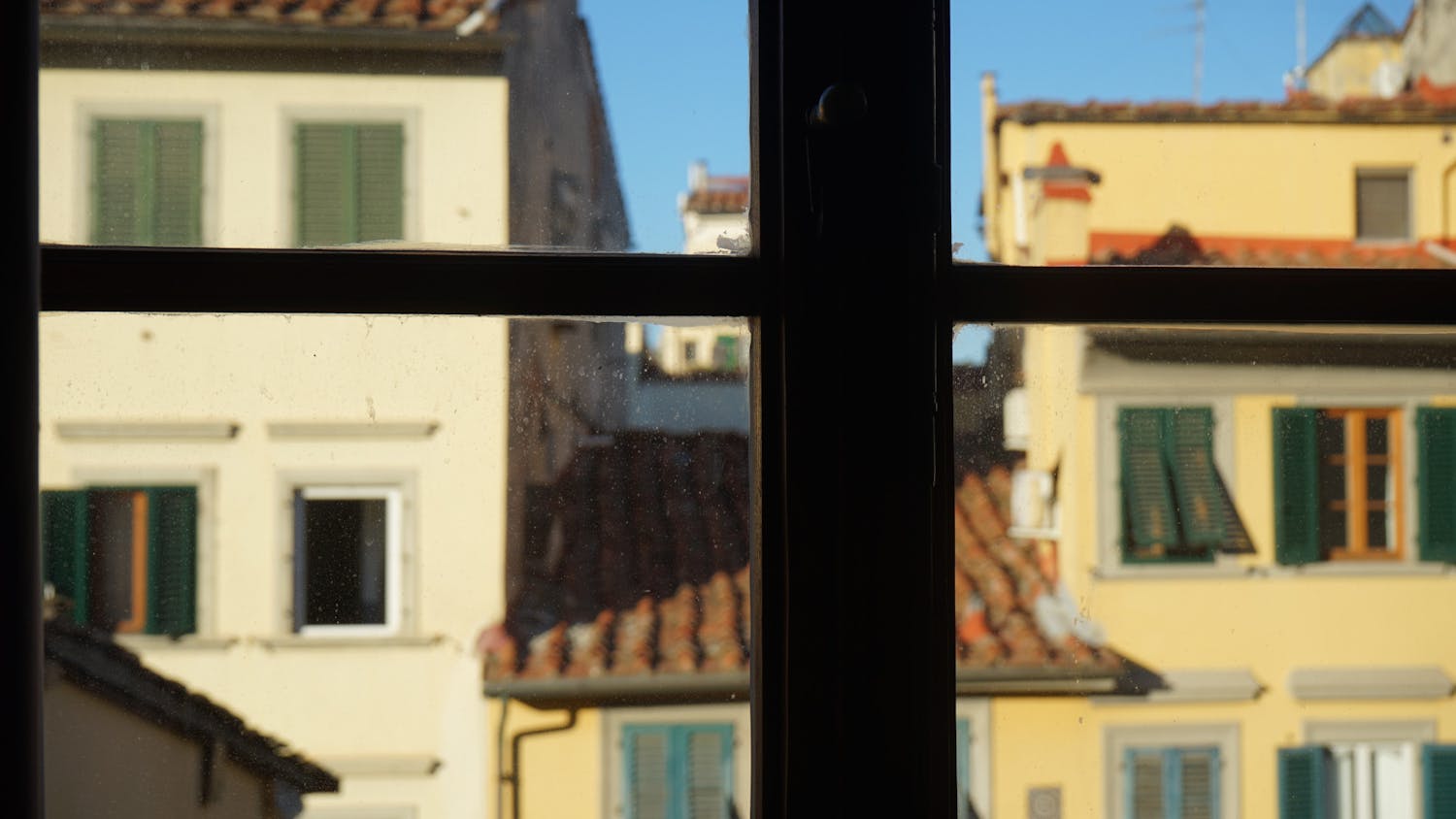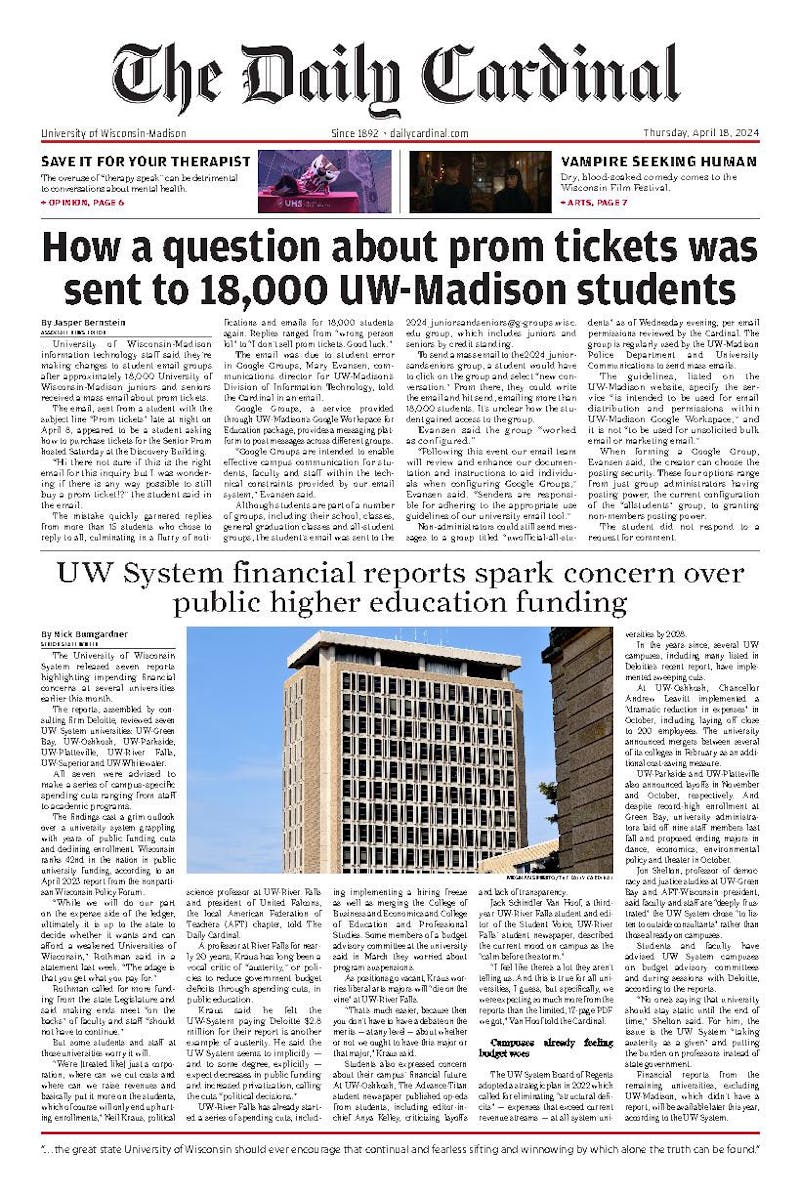With the new pope has come a hope for many that the Catholic Church may revise some of its controversial doctrines. A new concern is to what extent liberation theology has affected the new pontiff during his rise to the papacy. An understanding of liberation theology requires context, so this column aims to shed some light on that subject and on whether or not people should be concerned about this issue with regard to the papacy. I must note liberation theology is often used to refer to social activism within Catholicism. However, I will focus solely on a more distinct usage that arose in Latin America.
In the 1950s, Latin American Catholics began to espouse the idea that sin was the main contributor to social injustice. By 1971, this movement had grown and evolved and was labeled liberation theology, thanks to a book by Peruvian priest Fr. Gustavo Gutierrez, “The Theology of Liberation.” Gutierrez stressed that orthodoxy (adherence to correct beliefs, in this case Catholic doctrine) was less important than orthopraxy (correct action or activity, especially ethical and liturgical). Some readers may agree.
Ultimately, however, the movement was condemned by the Vatican. Cardinal Ratzinger (later Pope Benedict XVI) was head of the Congregation for the Doctrine of Faith during the rise of liberation theology, and thus it fell to him to assess the movement. Ratzinger ultimately found two related problems with liberation theology: the aforementioned stress on orthopraxis and its association with Marxist ideas. Ratzinger did not completely condemn it, however; in his Preliminary Notes on the subject he praised liberation theology’s focus on “the responsibility which Christians necessarily bear for the poor and oppressed.” Nevertheless, he concluded that the correct acceptance of doctrine was the foundation of correct action. As for the Marxist ideas, Ratzinger is said liberation theology’s notion of the people “is the antithesis of the hierarchy, the antithesis of all institutions, which are seen as oppressive powers. Ultimately anyone who participates in the class struggle is a member of the ‘people’; the ‘Church of the people’ becomes the antagonist of the hierarchical Church.” Thus, Vatican support of liberation theology would ultimately be support of rebellion against itself.
Ratzinger’s condemnation, however, did not bring about the end of the movement. Indeed it is still with us today, and this is the cause of either concern or hope in those who think Pope Francis will espouse it during his papacy. Francis comes from the Society of Jesus (the Jesuits), which had previously caused Pope John Paul II some concern for its support of the movement in South America. What is more, Francis comes from Argentina, known for its liberation theologians. However, it appears there is little reason to prepare for a new wave of Vatican-approved liberation theology. In what seems to be a spirit of moderation, Pope Francis has given the impression he does not support the movement, per se, even if he does call for an increased focus on social justice; he wants proper action without ignoring the importance of adherence to Catholic doctrine. Thus, those who would like to see greater service to the poor will no doubt see it, while those who would like to see the hierarchy of the Catholic Church preserved will have nothing to fear. Time will tell, of course, but I expect Pope Francis to be a pontiff open to opposing ideas while being adamant in not sacrificing tradition. Expect him to be a staunch defender of doctrine, but do not be surprised to see him handle his papacy in new ways.
Please send all feedback to opinion@dailycardinal.com.





